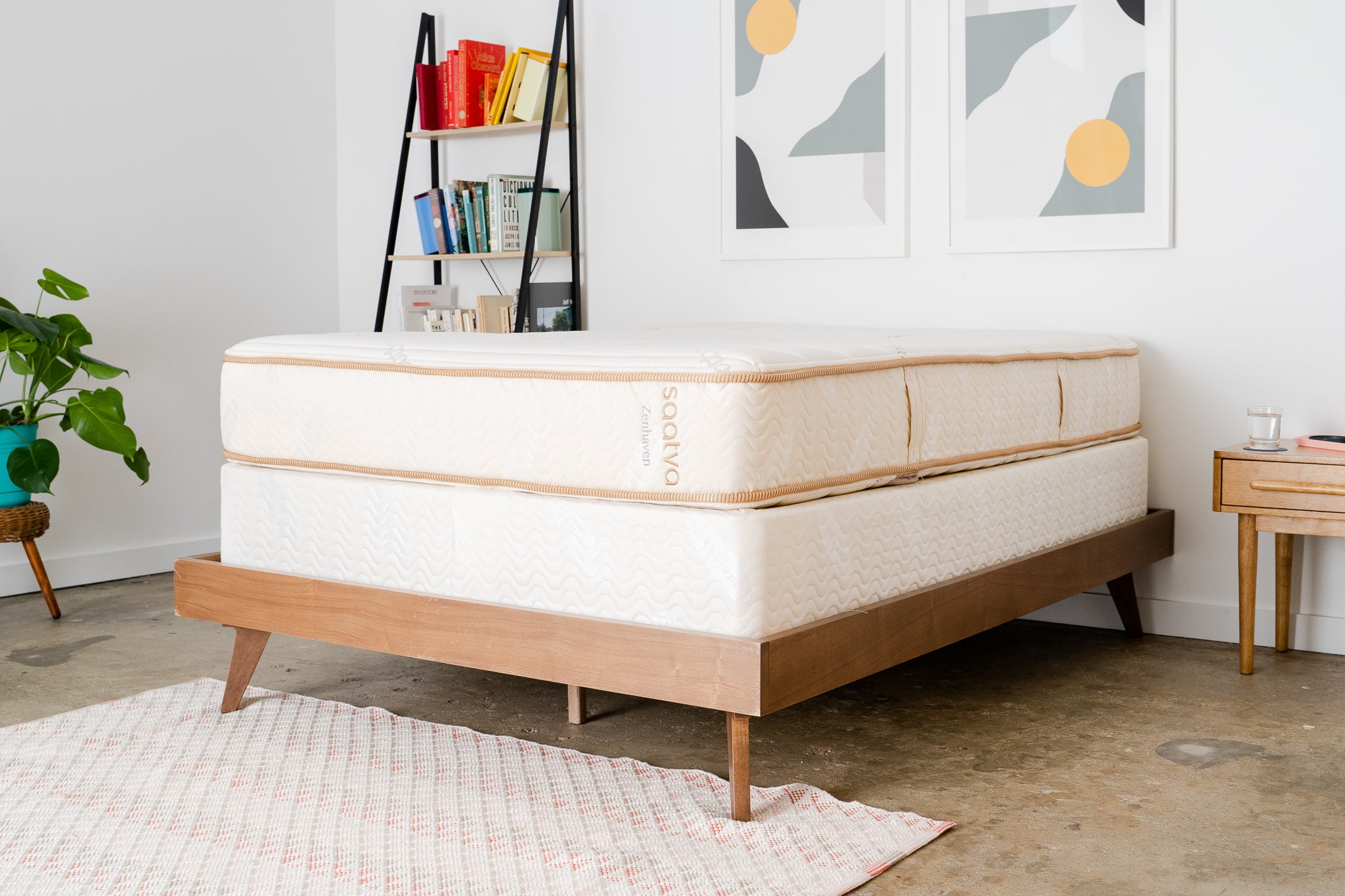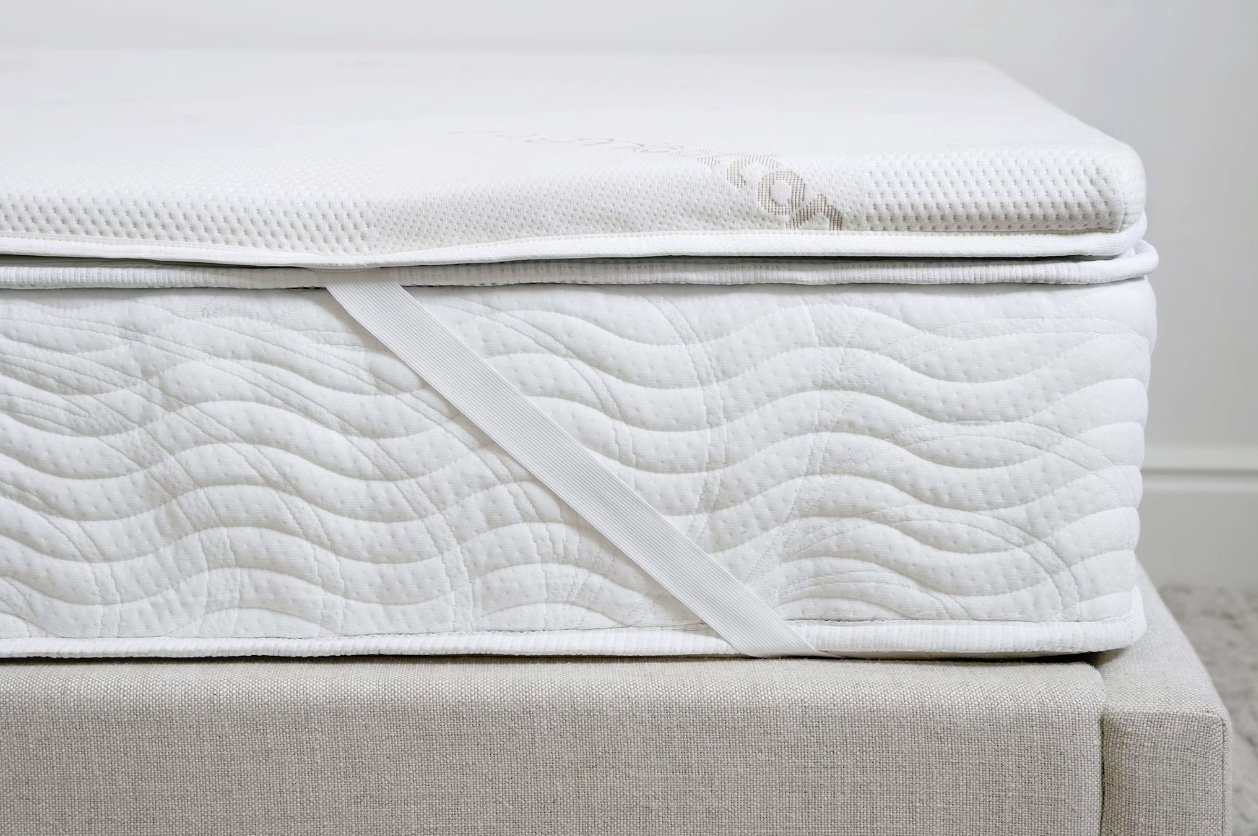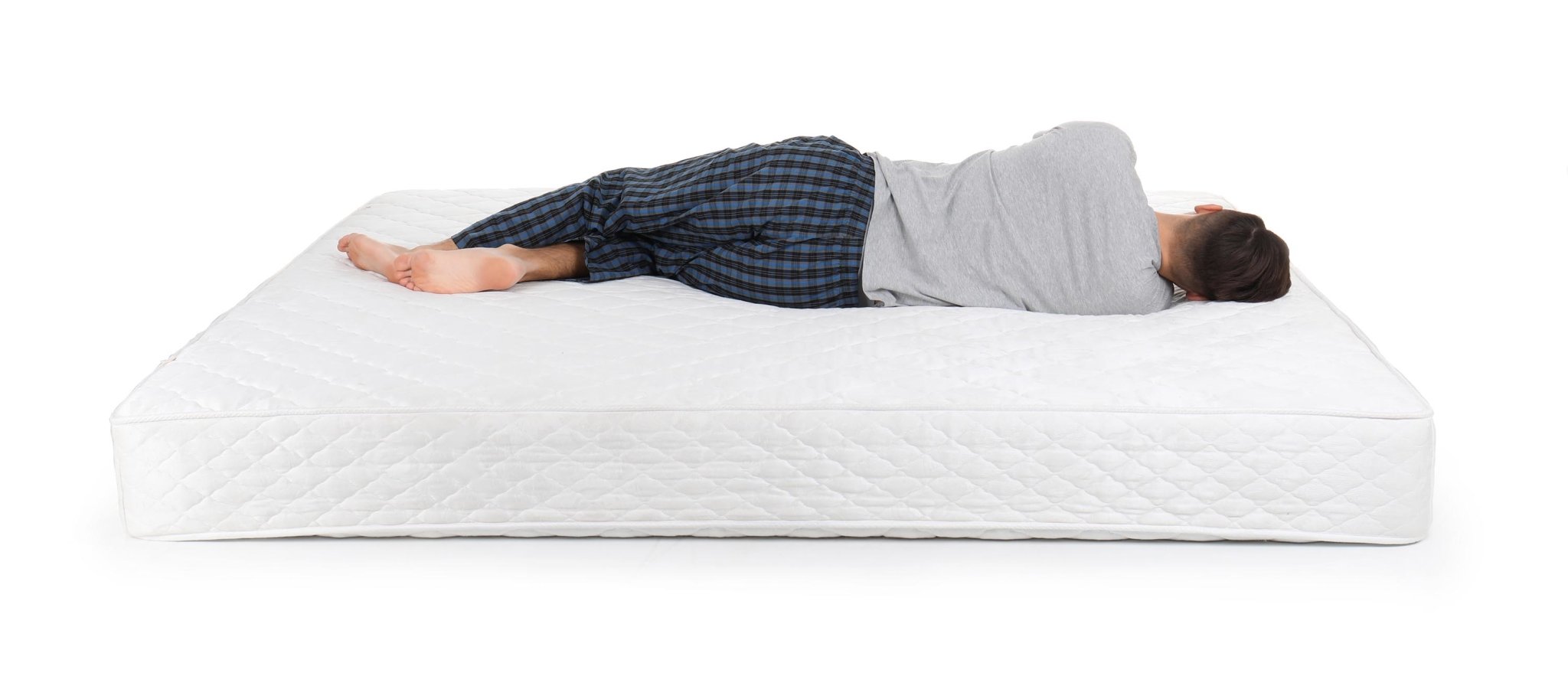Introduction
When it comes to choosing a mattress, one of the most common questions people have is whether a firm mattress is better for back health. There has long been a belief that sleeping on a firm mattress can provide better support for the spine and alleviate back pain. However, recent studies and expert opinions have challenged this notion. In this article, we will explore the relationship between mattress firmness and back health, examining the factors to consider when selecting a mattress and providing evidence-based insights to help you make an informed decision.

The Importance of Spinal Alignment
Maintaining proper spinal alignment during sleep is crucial for back health. When the spine is properly aligned, the muscles, ligaments, and discs can relax and rejuvenate, reducing the risk of discomfort and pain. The role of a mattress is to support the body and keep the spine in its natural alignment. However, the ideal level of support varies from person to person, depending on factors such as body weight, sleeping position, and personal preferences.
Understanding Mattress Firmness
Mattress firmness refers to how soft or firm the sleeping surface feels. It is measured using a scale ranging from 1 to 10, with 1 being extremely soft and 10 being extremely firm. A medium-firm mattress, typically rated between 5 and 7, is often recommended as a good balance between comfort and support. However, it’s important to note that mattress firmness can be subjective, as different individuals may have different perceptions of what feels comfortable or supportive.

The Myth of Firmness and Back Pain Relief
Contrary to popular belief, there is no one-size-fits-all answer to whether a firm mattress is better for back health. While some people may find relief from back pain by sleeping on a firm mattress, others may experience increased discomfort. A study published in The Lancet medical journal found that individuals who slept on medium-firm mattresses reported less back pain and better sleep quality compared to those who slept on firm mattresses. This suggests that a medium-firm mattress may offer a better balance of support and comfort for many individuals.
Individual Factors and Preferences
It’s important to consider individual factors and preferences when choosing a mattress. Body weight, for instance, plays a significant role in determining the level of support needed. Heavier individuals may find firmer mattresses more supportive, as they can prevent excessive sinking and maintain proper spinal alignment. On the other hand, lighter individuals may prefer a softer mattress that allows for more contouring and pressure relief.
Sleeping position is another crucial factor to consider. Different sleeping positions place varying demands on the spine. For back sleepers, a medium-firm mattress is generally recommended, as it provides adequate support while allowing for some cushioning. Side sleepers may benefit from a slightly softer mattress to alleviate pressure on the shoulders and hips. Stomach sleepers, however, may require a firmer mattress to prevent excessive arching of the lower back.
Personal preferences also come into play. Some individuals simply prefer the feel of a firm mattress, while others find it too rigid and uncomfortable. Ultimately, the goal is to find a mattress that promotes spinal alignment while providing optimal comfort for a restful night’s sleep.

The Role of Mattress Material
In addition to firmness, the type of material used in a mattress can significantly impact back health. Memory foam mattresses, for example, are known for their ability to conform to the body’s shape, providing excellent pressure relief and spinal support. They distribute body weight evenly, reducing pressure points and promoting proper spinal alignment. Latex mattresses, on the other hand, offer a more responsive and bouncier feel, while still providing sufficient support. Hybrid mattresses combine the benefits of different materials, typically combining memory foam or latex with innerspring coils for enhanced support and comfort.
Seeking Professional Advice
If you suffer from chronic back pain or have specific concerns about your back health, it’s advisable to seek professional advice. Consulting a healthcare professional or a chiropractor can help you understand your specific needs and guide you in choosing the right mattress. They may also recommend additional measures, such as incorporating stretches or exercises into your routine, to improve back health.

The Role of Trial Periods and Warranties
When purchasing a mattress, it’s essential to look for brands that offer trial periods and warranties. These allow you to try out the mattress in the comfort of your own home for a certain period, ensuring that it meets your expectations in terms of comfort and support. Additionally, a warranty provides peace of mind and protection against manufacturing defects or premature sagging, which can affect the performance and supportiveness of the mattress over time.
Additional Considerations for Back Health
Age and Physical Condition
Older individuals or those with certain physical conditions, such as arthritis or degenerative disc disease, may require extra support and cushioning. In such cases, a medium-firm mattress with additional padding or a mattress topper can provide the necessary comfort while maintaining proper spinal alignment.
Motion Isolation
If you sleep with a partner who moves frequently during the night, motion isolation becomes an important factor. Memory foam mattresses are known for their ability to absorb and isolate motion, reducing disturbances and promoting uninterrupted sleep.
Temperature Regulation
Some mattresses, particularly those made of memory foam, can retain body heat and cause discomfort, especially for individuals who tend to sleep hot. Look for mattresses with cooling technologies, such as gel-infused foams or breathable covers, to help regulate temperature and promote a comfortable sleep environment.

Durability
Consider the durability of the mattress, as a sagging or worn-out mattress can negatively impact spinal alignment and back health over time. Look for high-quality materials and reputable brands that offer warranties against excessive sagging or structural defects.
Conclusion
When it comes to back health and mattress firmness, there is no one-size-fits-all answer. While a firm mattress may provide relief for some individuals, others may find greater comfort and support in a medium-firm or even softer mattress. Understanding your individual needs, considering factors such as body weight and sleeping position, and trying out different mattresses are key steps in finding the right balance of comfort and support for your back. Remember, maintaining proper spinal alignment and getting a restful night’s sleep are essential for overall well-being, so take the time to research and choose a mattress that suits your unique requirements.










